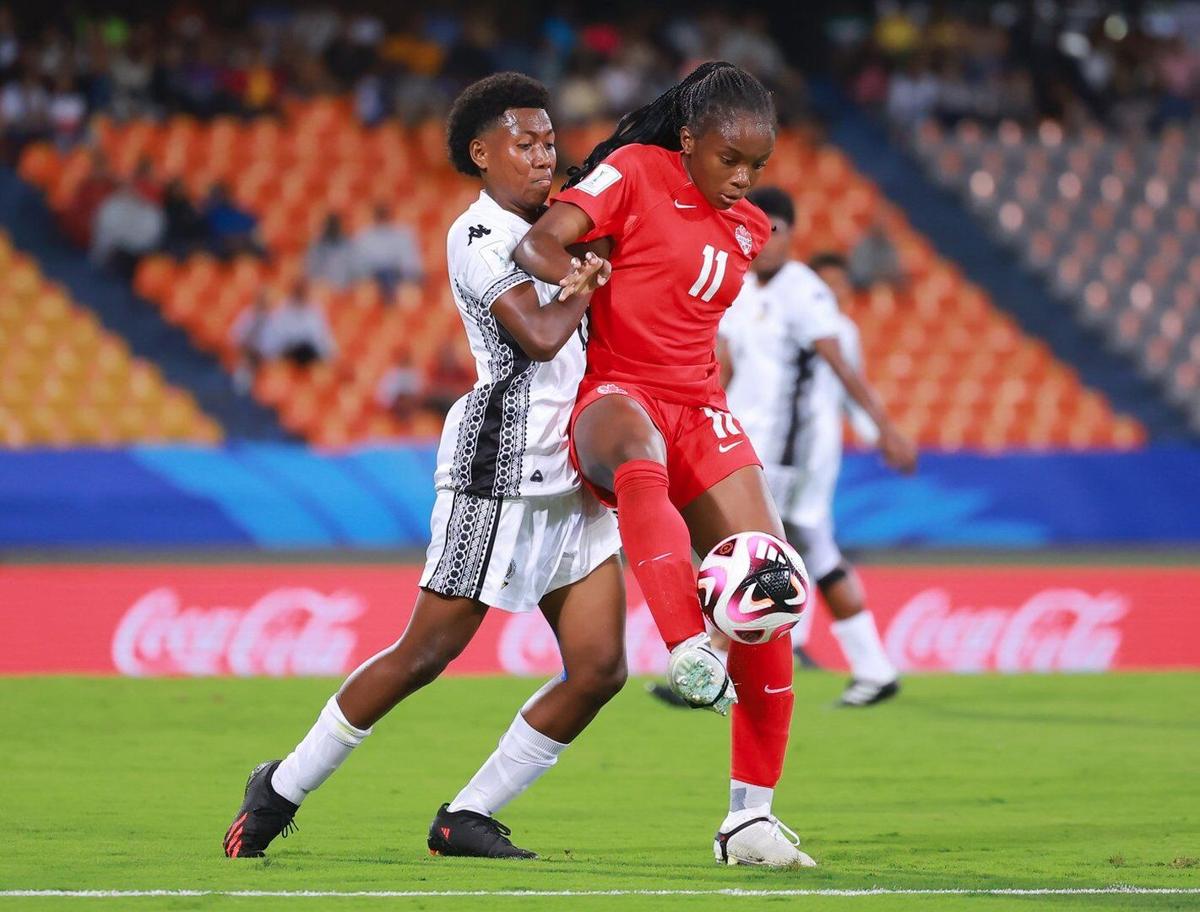
The United States Soccer Federation (USSF) has boldly declared its intention to bid for the 2031 FIFA Women's World Cup, a move that could reshape the landscape of women's football. This announcement follows a strategic decision by FIFA to narrow potential host regions to North America and Africa, significantly boosting the United States' chances of staging this prestigious tournament. This ambitious endeavor is not merely about hosting another global event; it's a tactical play that underscores a broader vision for the development and growth of women's soccer both regionally and globally.

A Strategic Pivot: From 2027 to 2031
The USSF's decision to focus on a 2031 bid comes after withdrawing from the race to host the 2027 Women's World Cup. This strategic pivot allows the federation to consolidate resources and build a compelling case for hosting in 2031. The decision is underscored by the potential to leverage existing infrastructure set to be revitalized for the 2026 Men's World Cup, hosted jointly by the United States, Canada, and Mexico. This existing framework could significantly reduce the logistical challenges and costs associated with hosting such a large-scale event.
The Role of CONCACAF in the Bid
Partnering with the Confederation of North, Central America and Caribbean Association Football (CONCACAF) is central to the USSF's bid. The collaboration aims to not only bring the tournament to North America but also to inspire and ignite a passion for women's soccer across the continent. By aligning with CONCACAF, the USSF gains access to a wider network of resources and support, ensuring that the bid is robust and comprehensive.
Potential Impact on Women's Soccer
Hosting the 2031 Women's World Cup in the United States promises to be more than just a showcase of elite football talent. It represents an opportunity to inspire a new generation of female athletes and fans. The potential for record attendances and commercial success is high, given the country's proven track record in hosting major sporting events. Moreover, the tournament could serve as a catalyst for increasing investment in women's football, from grassroots development to professional leagues.
Commercial and Cultural Implications
The financial implications of hosting the Women's World Cup are significant. FIFA's choice of North America as a potential host region is partly driven by the commercial allure of packed stadiums and the opportunity to set new attendance records. The United States' diverse and multicultural population offers a unique platform to celebrate the global game and promote inclusivity within the sport.
Moreover, the cultural impact of the tournament should not be underestimated. Events like the Women's World Cup have the power to challenge stereotypes and change perceptions about women's sports. By hosting the tournament, the USSF can spotlight the achievements of female athletes and promote gender equality both on and off the field.
Challenges and Considerations
While the prospect of hosting the 2031 Women's World Cup is exciting, it comes with its set of challenges. The USSF must navigate a complex landscape of logistical, financial, and political considerations. Ensuring the availability of world-class venues, accommodating international teams and fans, and meeting FIFA's stringent requirements are just a few of the hurdles that lie ahead.
Additionally, the federation must continue to advocate for the growth of women's soccer domestically. This involves increasing visibility for the National Women’s Soccer League (NWSL), improving player wages, and expanding youth development programs. The success of the bid will be measured not only by the event itself but by the lasting legacy it leaves on the sport in the United States.
Conclusion: A Vision for the Future
The USSF's bid for the 2031 Women's World Cup is a testament to its commitment to elevating women's soccer on the global stage. By leveraging its partnership with CONCACAF and its existing infrastructure, the United States is well-positioned to deliver a world-class tournament that captivates audiences and inspires future generations. The bid is more than just a pursuit of hosting rights; it's a bold vision for the future of the game, one that promises to reshape the landscape of women's football and leave a lasting legacy for years to come.
As FIFA's decision looms, the footballing world watches with anticipation. If successful, the 2031 Women's World Cup in the United States could become a defining moment for the sport, setting new benchmarks for excellence and inclusivity. This is a pivotal moment not only for US soccer but for the global game, as it continues its journey towards greater parity and recognition for women athletes worldwide.